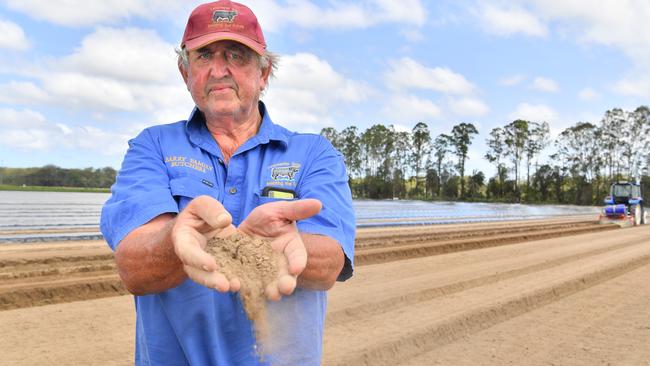OPINION: ’Science is telling us that records will continue to fall’
‘Australia Institute’s Heat Watch report predicts devastating climate consequences’

Opinion
Don't miss out on the headlines from Opinion. Followed categories will be added to My News.
THE Australian Bureau of Meteorology numbers are in and, as predicted, 2019 was not only the hottest it was also the driest year on record.
Heat records crashed like dominoes through December, with Australia experiencing it’s highest national average temperature of 41 degrees Celsius on December 18. The Australian continent received its lowest annual rainfall since records began.
Australia’s landscape was tinder dry, causing fires so large and ferocious that fire fronts created their own weather systems. The human and environmental costs have been devastating and continue to mount as the fire season continues.
For those of us in the community who have campaigned, protested and even pleaded with our government to take urgent climate action, it has been a summer that we have long predicted but hoped we would never see.
Unfortunately, the science is telling us that records will continue to fall over the coming decade and beyond.
The Australia Institute’s Heat Watch report predicts devastating climate consequences for Central Queensland if the world continues emitting carbon in a business as usual scenario.
The report predicts that, in the Mackay region, days over 35 degrees would go from a historical average of 1.5 days a year to up to seven days by 2030, 19 days by 2050, 38 days by 2070 and 71 days by 2090. (Heat Watch QLD, June 2019)
Obviously, this would have devastating consequences for the region’s environment, agriculture, fisheries and the reef. It seems hard to believe how the region could even be habitable under such conditions.
The international community agrees that we need to keep global warming to 1.5 degrees but unfortunately, there seems to be little progress. A recent report from the Climate Action Network and other climate think tanks rated Australia the 6th worst performer out of 57 countries on climate action and energy policy.
The report also criticised the Australian government for becoming an increasingly regressive force in international climate negotiations.
As this Australian summer of extreme drought and fire has reinforced, Australia is particularly vulnerable to global inaction on climate change and we are dangerously exposed to even small increases in global temperatures.
It has become starkly evident that Australia can no longer sit on the sidelines of global climate negotiations but must become a fierce global voice for urgent action on climate change or face consequences that are too awful to contemplate.
Michael Kane, Mackay Conservation Group


